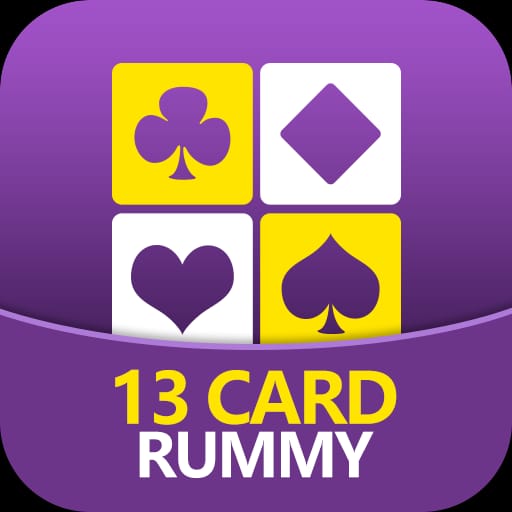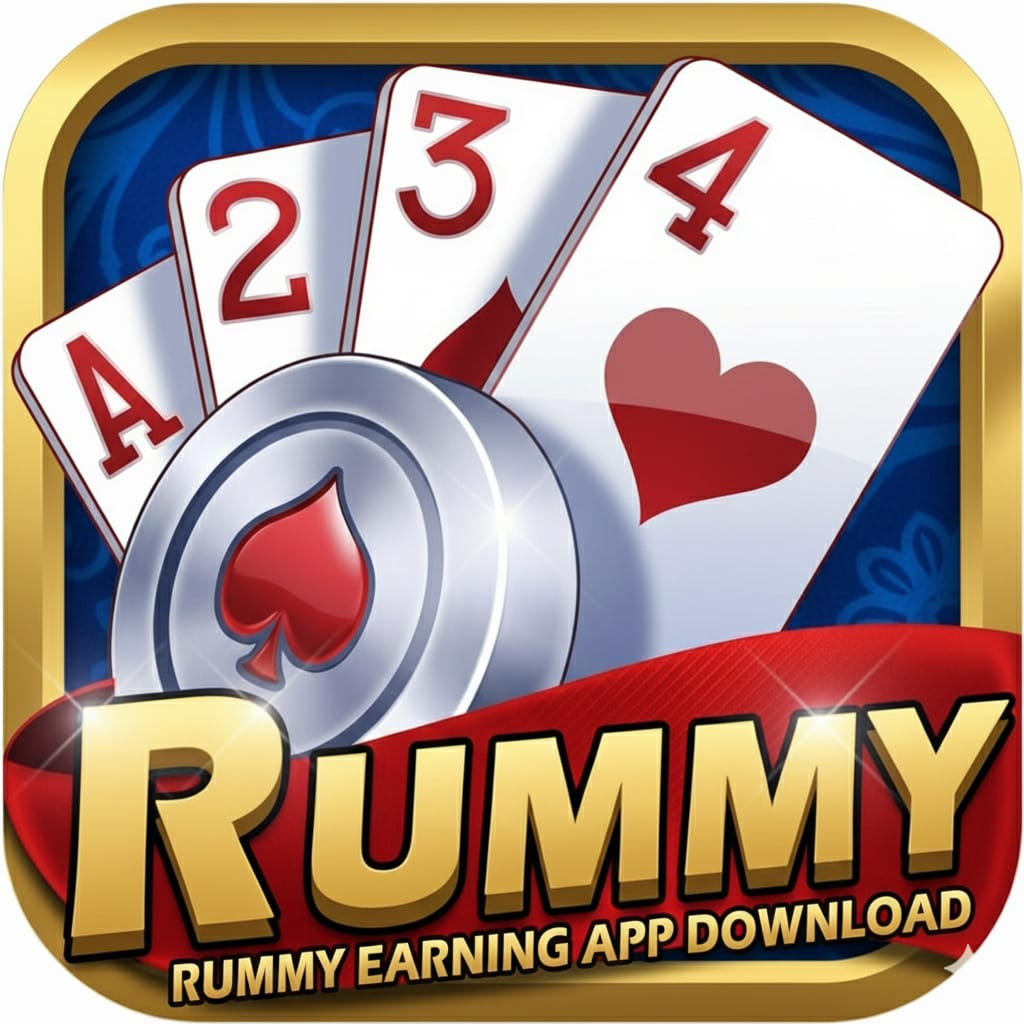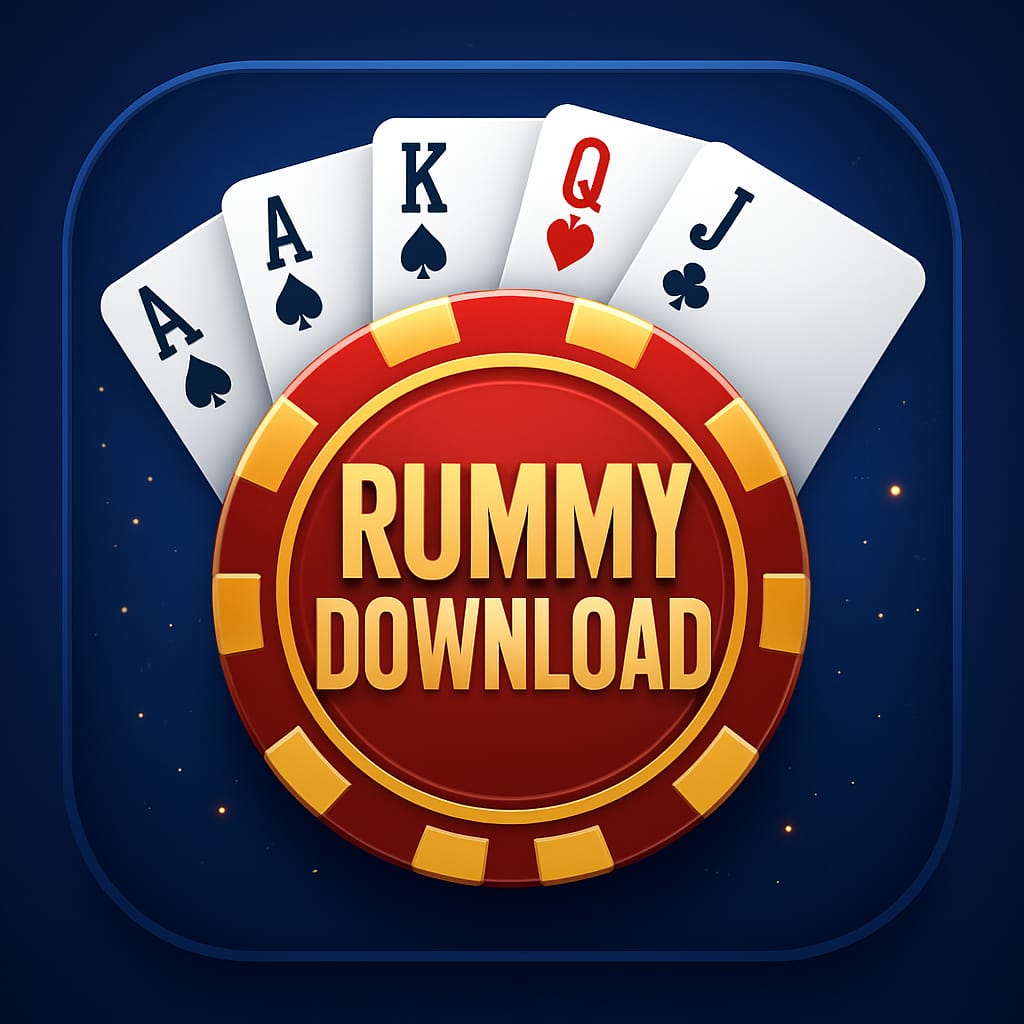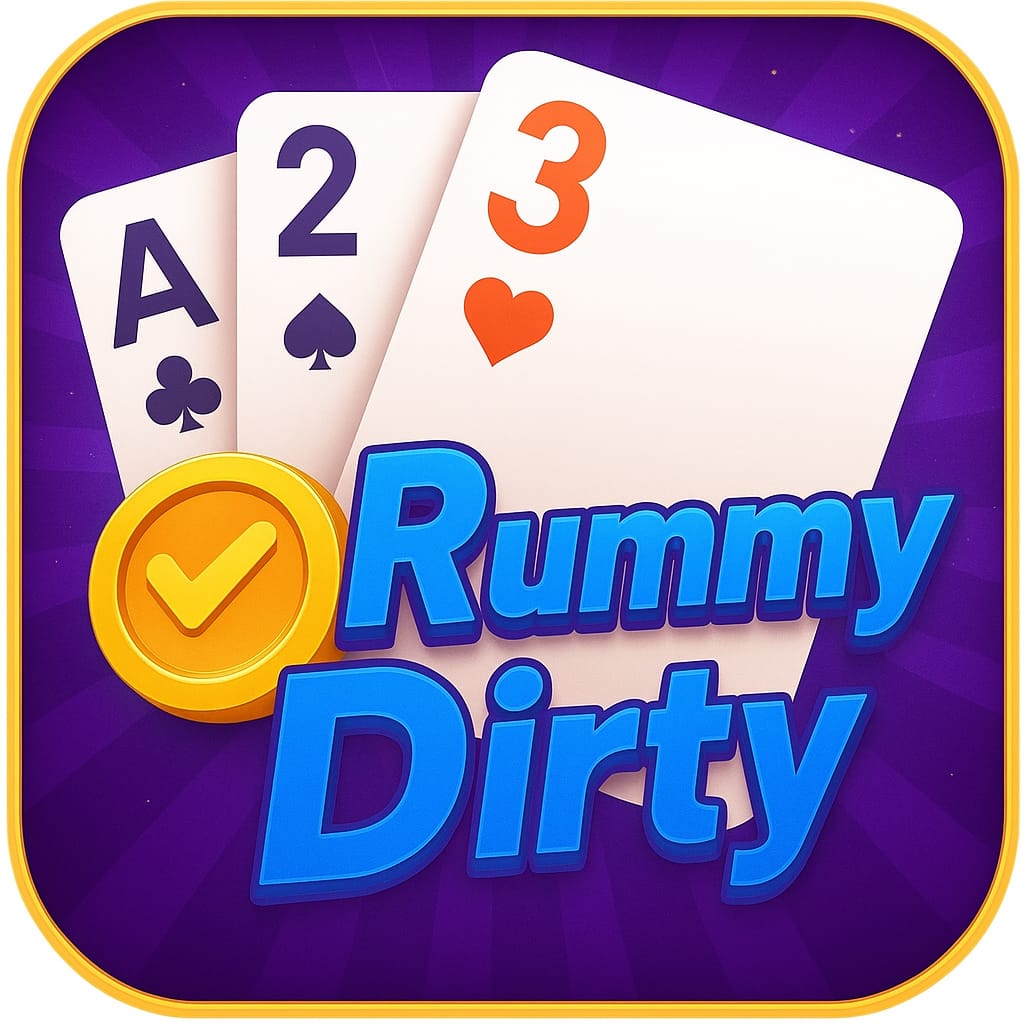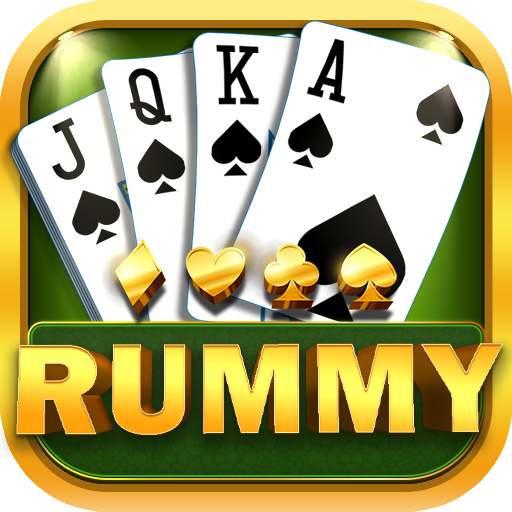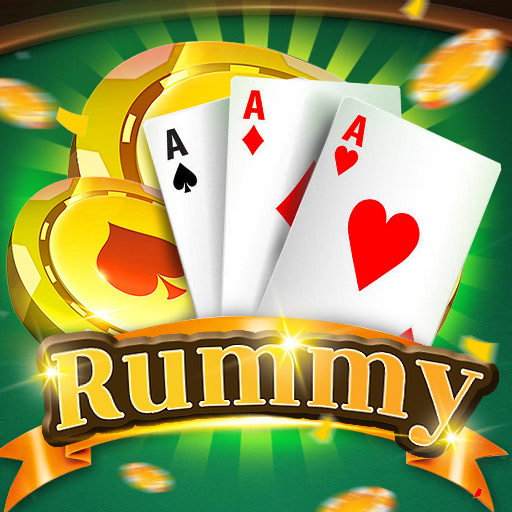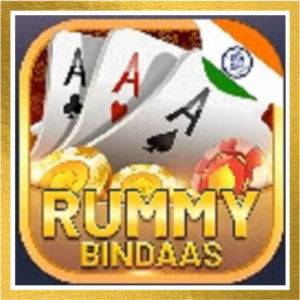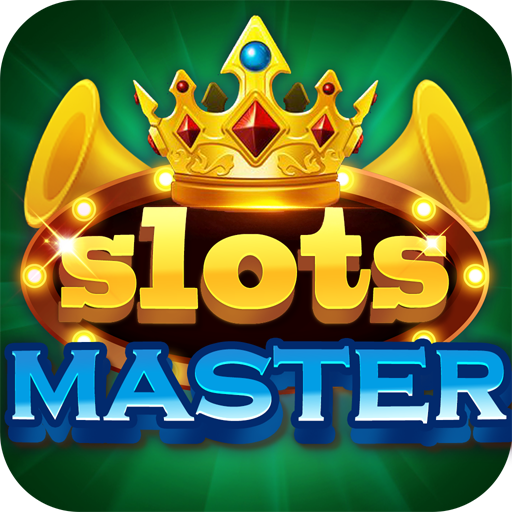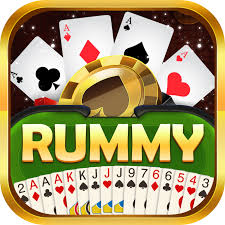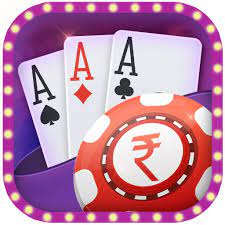Absolutely! Here’s a clear and informative article on 13 Cards Rummy Rules:
—
13 Cards Rummy Rules: Learn How to Play India’s Favorite Card Game
13 Cards Rummy is one of the most popular and skill-based card games in India. Whether you’re playing with friends at home or competing on online platforms, knowing the rules is key to enjoying and winning the game. Based on the traditional Rummy format, this version challenges players to create valid combinations from a hand of 13 cards. Also Download Happy Teen Patti
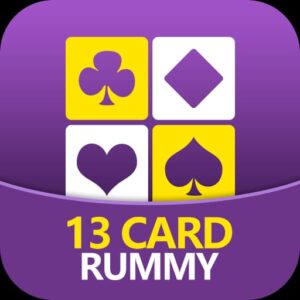
If you’re new to the game or want to brush up on your basics, here’s a complete guide to the rules of 13 Cards Rummy.
—
Objective of the Game
The main objective in 13 Cards Rummy is to arrange all 13 cards into valid sequences and/or sets, following these requirements:
You must form at least two sequences.
At least one of those sequences must be a pure sequence (without jokers).
The remaining cards can be arranged in sequences or sets.
Only when these conditions are met can a player make a valid declaration and win the game.
—
Basic Terminology
Before diving into the rules, it’s important to understand a few key terms:
Sequence: A group of 3 or more consecutive cards of the same suit.
Example: 4♥ 5♥ 6♥
Pure Sequence: A sequence formed without the use of jokers.
Example: 9♣ 10♣ J♣
Impure Sequence: A sequence that includes a joker as a substitute.
Example: 3♠ 4♠ [Joker]
Set: A group of 3 or 4 cards of the same rank but different suits.
Example: 7♠ 7♣ 7♦
Joker: Can be either the printed joker or a randomly selected card from the deck that acts as a wild card.
—
How to Play 13 Cards Rummy – Step-by-Step Rules
1. Card Distribution
2 to 6 players can play.
Each player receives 13 cards.
One card is selected at random to act as the wild joker.
A closed deck and an open discard pile are placed at the center.
2. Game Play
The player to the left of the dealer starts the game.
On each turn, a player must:
Draw one card (from the closed deck or the open pile)
Discard one card to the open pile
3. Creating Combinations
Players aim to group their cards into:
Pure Sequence (mandatory)
Second Sequence (can be impure)
Sets (optional)
4. Declaring
Once a player has made valid combinations and met the objective (at least two sequences, one pure), they can declare.
The cards are then validated.
If the declaration is valid, the player wins.
If invalid, a penalty is applied.
—
Valid Declaration Example
Hand:
Pure Sequence: 5♦ 6♦ 7♦
Second Sequence (Impure): 9♠ 10♠ [Joker]
Set: 3♣ 3♥ 3♠
Remaining: Q♣ Q♠ Q♦
This hand is valid because it has:
One pure sequence
A second sequence (even though it uses a joker)
All cards arranged in valid combinations
—
Points and Scoring
The player who declares first with valid combinations gets 0 points.
Other players get points based on the value of ungrouped cards in their hand.
Face cards (J, Q, K, A): 10 points each
Number cards: Points equal to the number on the card
Jokers: 0 points
Maximum loss per round: Usually capped at 80 points per player.
—
Winning the Game
In Points Rummy, the player with the lowest score at the end of a round wins.
In Deals or Pool Rummy, players play multiple rounds, and the winner is decided based on chips or total points after all deals.
—
Quick Tips for Beginners
Always create a pure sequence first—it’s mandatory to win.
Discard high-value cards early if they don’t fit into any combination.
Use jokers smartly—save them for impure sequences or sets.
Track opponents’ moves—notice what cards they pick or discard.
—
Final Thoughts
Mastering the rules of 13 Cards Rummy is your first step toward becoming a skilled player. It’s not just about luck—strategy, memory, and timing play a huge role. Once you’ve learned the basics, you’ll be ready to enjoy this exciting and challenging card game at any level.
So shuffle the deck, deal the cards, and start playing—it’s time to put your skills to the test!
—
Would you like a printable cheat sheet of these rules or a visual flowchart for easy understanding? Let me know! Also Download Teen Patti Club
